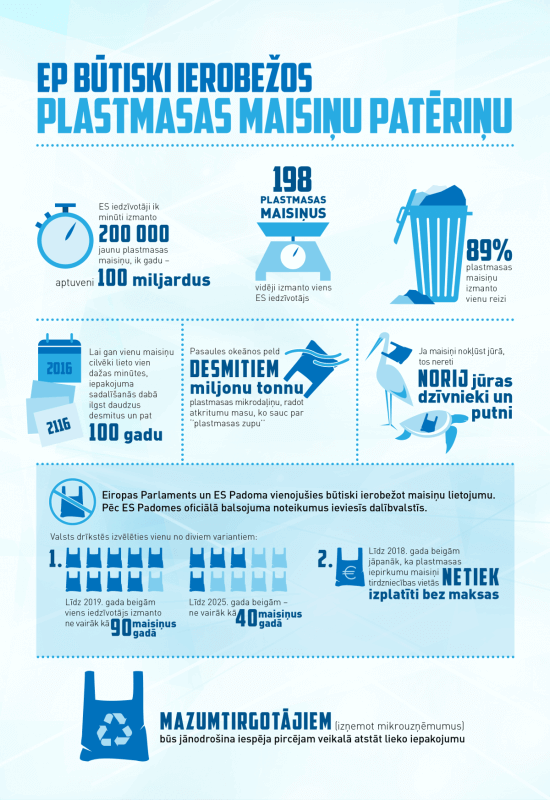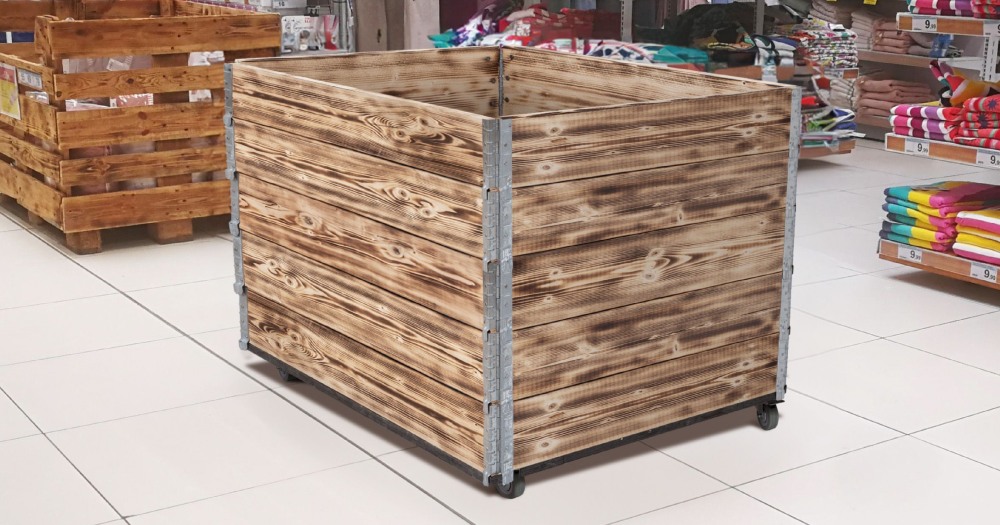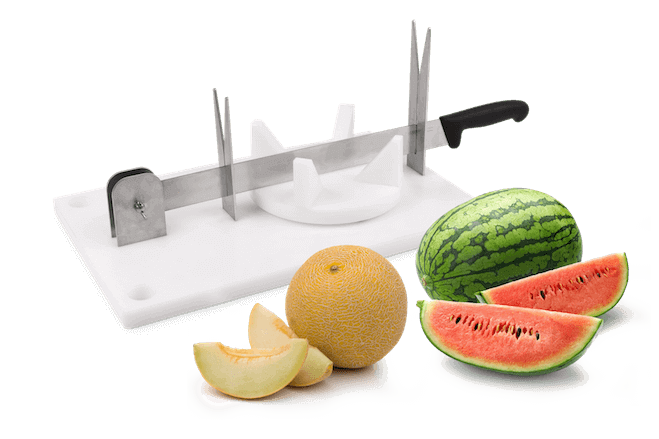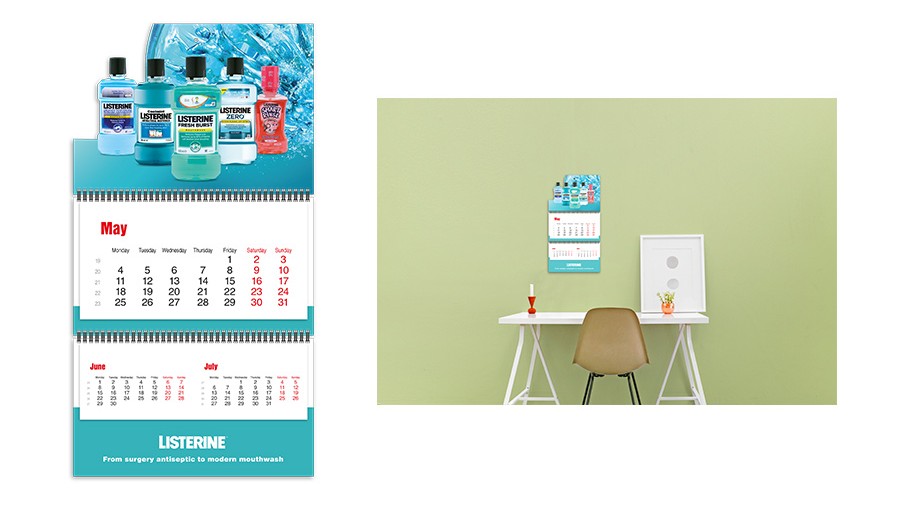Biodegradable shopping bags/biobags 
An invention that will help to reduce environmental pollution are biodegradable plastic shopping bags. Nowadays plastic bags are becoming more environmentally friendly and, most likely will lose their role as the most frequently mentioned polluter.
There are two types of biodegradable bags offered by the most advanced bag manufacturers.
- Biodegradable shopping bags, which naturally decompose completely since they are 100% composed of natural raw materials such as corn, grain or potato starch. When such biobags are thrown in the garbage or when they reach soil, thanks to the presence of micro-organisms and at a specific temperature and humidity they completely decomposes within 4-6 weeks.
- The other way is closer to the traditional plastic or polyethylene bags. These bags are made of polymers, such as PE (polyethylene), PP (polypropylene) and PS (polystyrene), and differ in that a specific bio additive which helps to decompose the bag (it is called OXI additive) is added. It should be noted, however, that these bags are not completely biodegradable, as the additives in the plastic structure make it unstable and let it decompose faster, depending on the amount of OXI additives – ranging from half to two years. When exposed to oxygen, the bags mechanically divide into very fine dust particles, but they do not turn into organic substances.
In order to inform consumers that they are offered biodegradable bags, it is recommended to note the expiration date or time when the bag will begin the process of decomposition. Otherwise, using the bag again after a couple of months will substantially reduce it resistance. It may happen, that bags are stored in the store’s stock far too long, and the process of degradation of bioplastics has already begun, so storing them for long periods is not recommended.
If the trader chooses environmentally friendly packaging, he show his concern regarding the environment, thereby forcing others to think about this important issue. The distribution of conventional plastic bags will, however, eventually be banned or limited in stores, as it is already accepted in several European countries. In recent years, the European Parliament has adopted increasingly tougher decisions in relation to the consumption of plastic bags. It is likely that very soon biodegradable shopping bags will be a very good alternative to completely banning out plastic bags and thereby substantially reducing the amount of plastic waste.
According to specialist studies, plastic packaging constitutes around one third of all waste. A large proportion constitutes of plastic or popularly called polyethylene bags. After interviewing people, it was concluded that 9 out of 10 plastic bags are used only once before becoming waste, while their degradation in nature lasts even hundreds of years.
Modern technologies are unstoppably evolving and researchers are constantly finding new ways to make the world a better place. Solar cells, electric cars, environmentally friendly washing powders – these are just some attributes of the green direction, which will certainly help us to save the planet from pollution.
SprintLab calls everyone to be responsible and to choose biodegradable bags! This is an essentially simple choice which makes an important contribution to maintaining a clean and healthy ecosystem.
Ask us all about biodegradable bags, e-mail: sprintlab@sprintlab.eu










